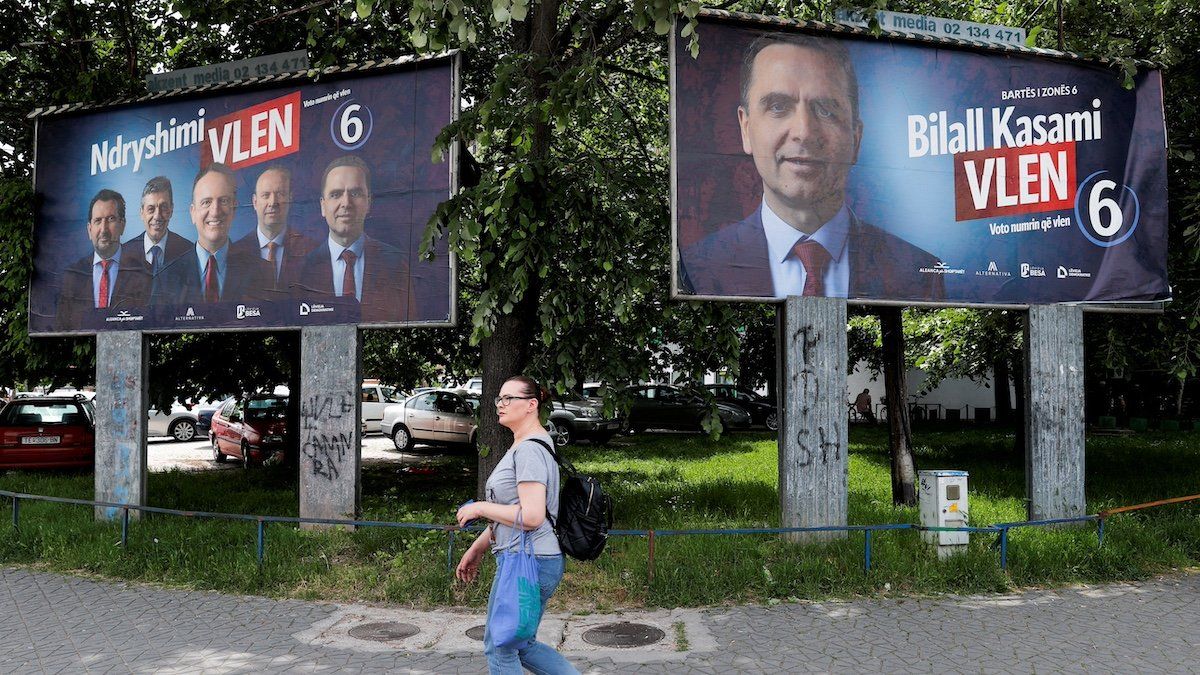North Macedonia heads to the polls on Wednesday in a vote overshadowed by one big issue: disputes with neighbors that could derail the tiny Balkan republic’s fledgling EU membership bid.
The governing, center-left Social Democratic Union of Macedonia will likely lose power to a center-right coalition with a nine-word name that we’ll just call by its acronym VMRO-DPMNE.
While economic woes and corruption are key voter concerns, VMRO-DPMNE has also rallied support by striking a nationalist tone – namely by rejecting long-standing demands from neighboring Bulgaria that North Macedonia recognize its own, small Bulgarian minority.
Bulgaria, already an EU member, has threatened to freeze North Macedonia’s accession bid unless its demands are met.
VMRO-DMRE has also stoked an old dispute with Greece by publicly calling the country “Macedonia.” In 2019, Greece got North Macedonia to add “North” to its name, because of Athens’ view that “Macedonia” proper is a region of Greece. That agreement opened the way for North Macedonia to join NATO and begin EU talks.
But progress has been slow, raising popular frustrations and fueling VMRO-DPMNE’s resurgence. If VMRO-DPMNE takes power, as expected, the situation will heat up further, particularly as Bulgaria heads toward its own elections next month.
